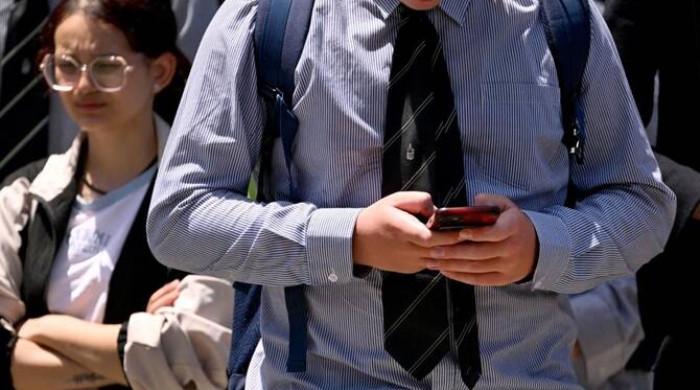
Australia’s Social Media Ban: Age Verification Not Required for All Users
In a significant move towards safeguarding young users, Australia has announced a ban on social media access for individuals under the age of 16. This decision has sparked discussions about age verification protocols and user privacy. However, the Australian government clarified that social media platforms will not be required to verify the ages of all users, a point that has raised eyebrows in both the tech industry and among parents concerned about online safety.
Understanding the Age Ban on Social Media Platforms
As social media continues to play an integral role in communication and engagement among users, concerns about the safety of younger audiences have prompted various governments to take action. In Australia, the recent ban targets users under 16, acknowledging the vulnerability of this age group in the digital space. By restricting access to social media for younger individuals, Australia aims to create a safer online environment.
The platforms affected by this ban include popular social media giants such as Facebook, Snapchat, and TikTok, which have become ubiquitous among young users. These platforms have previously struggled with issues related to user privacy, online bullying, and exposure to inappropriate content, making the need for age restrictions more pressing than ever.
The Government's Stance on Age Verification
Despite the implementation of this ban, Australian authorities have made it clear that they will not impose blanket age verification requirements for all users. This decision suggests a nuanced approach, balancing the need for child safety with the realities of online privacy and user convenience.
Instead of mandating age verification for every user, the government is likely focusing on implementing measures that specifically target underage users. This could involve enhancing existing reporting tools or encouraging platforms to adopt stricter policies regarding account creation for minors.
Implications for Social Media Platforms
The decision not to age-test all users has significant implications for social media companies operating in Australia. While they must comply with the ban on under-16s, they can still maintain a broader user base without the burden of universally verifying ages. This approach allows platforms to operate with greater flexibility, while still adhering to local laws aimed at protecting minors.
However, this raises questions about how platforms will effectively enforce the ban on underage users. Without comprehensive age verification, it may be challenging for social media companies to identify and restrict access for those under 16. As a result, it will be crucial for these platforms to implement robust reporting and moderation systems to monitor compliance with this new regulation.
The Role of Parents and Guardians
While the Australian government takes measures to protect young users, the role of parents and guardians remains paramount. Open communication about online safety, digital literacy, and responsible social media use can empower children to navigate the online world safely. Parents should actively engage with their children about the potential risks associated with social media, including cyberbullying, privacy concerns, and exposure to inappropriate content.
Additionally, parents can leverage parental control tools and privacy settings available on various platforms to help safeguard their children's online experiences. By working together with social media companies and the government, families can create a safer online environment.
The Future of Social Media Regulation
Australia's decision to ban social media access for users under 16 without requiring age verification for all users points to a broader trend in digital regulation. As governments worldwide grapple with the challenges posed by social media and young audiences, we may see more tailored approaches that prioritize both safety and user rights.
The discussion surrounding age verification and online safety will likely continue to evolve. Stakeholders, including parents, educators, and technology companies, must collaborate to find solutions that protect young users while fostering a healthy online culture.
FAQs
1. Why has Australia implemented a ban on social media for users under 16?
Australia aims to protect young users from potential risks associated with social media, including cyberbullying, exposure to inappropriate content, and privacy concerns.
2. Will all social media platforms be required to verify the ages of their users?
No, the Australian government has clarified that social media platforms will not be required to verify the ages of all users, only to comply with the ban on under-16s accessing the platforms.
3. How can parents ensure their children are safe on social media?
Parents can engage in open conversations with their children about online safety, use parental control tools, and monitor their children's social media activities to ensure a safer online experience.
4. What are the potential consequences for social media companies if they fail to comply with the age ban?
Social media companies that do not comply with the ban may face regulatory actions, fines, or restrictions on their operations within Australia.
5. How might this decision impact the future of social media regulation globally?
Australia’s approach to regulating social media for minors may influence other countries to adopt similar policies, leading to a broader trend in digital safety and age verification practices.
In conclusion, Australia's social media age ban represents a proactive step towards protecting young users while allowing platforms to maintain operational flexibility. As this situation develops, ongoing discussions about digital safety, privacy, and responsible social media use will remain crucial in shaping the future of online interactions.
Tags
Technology
